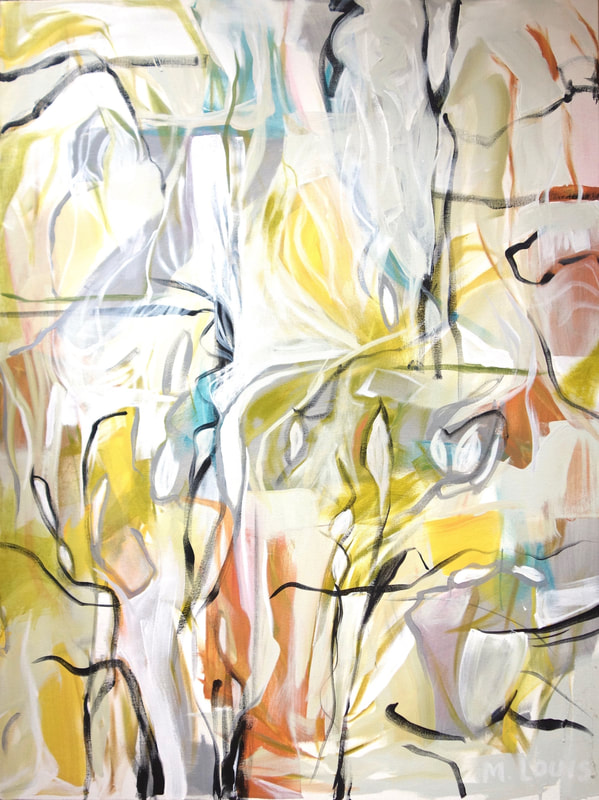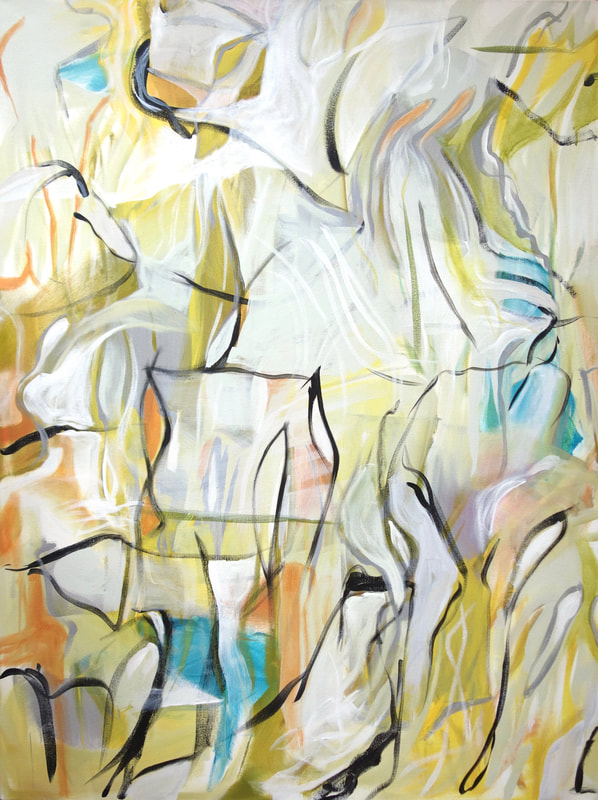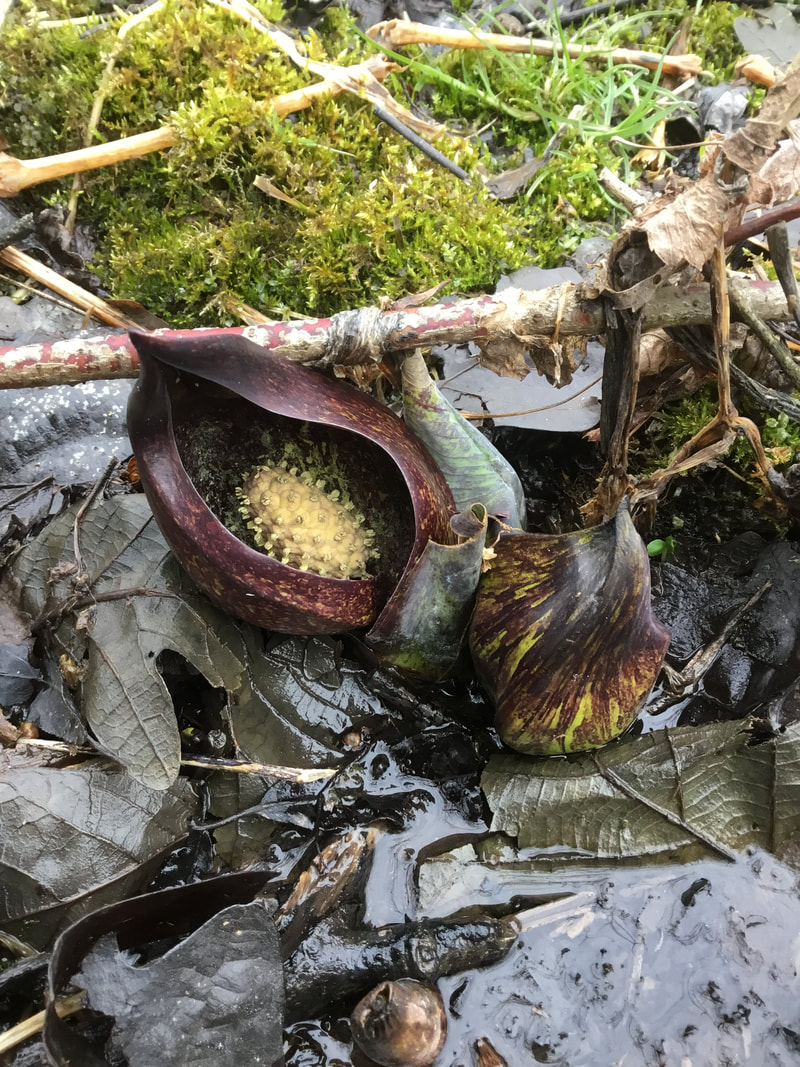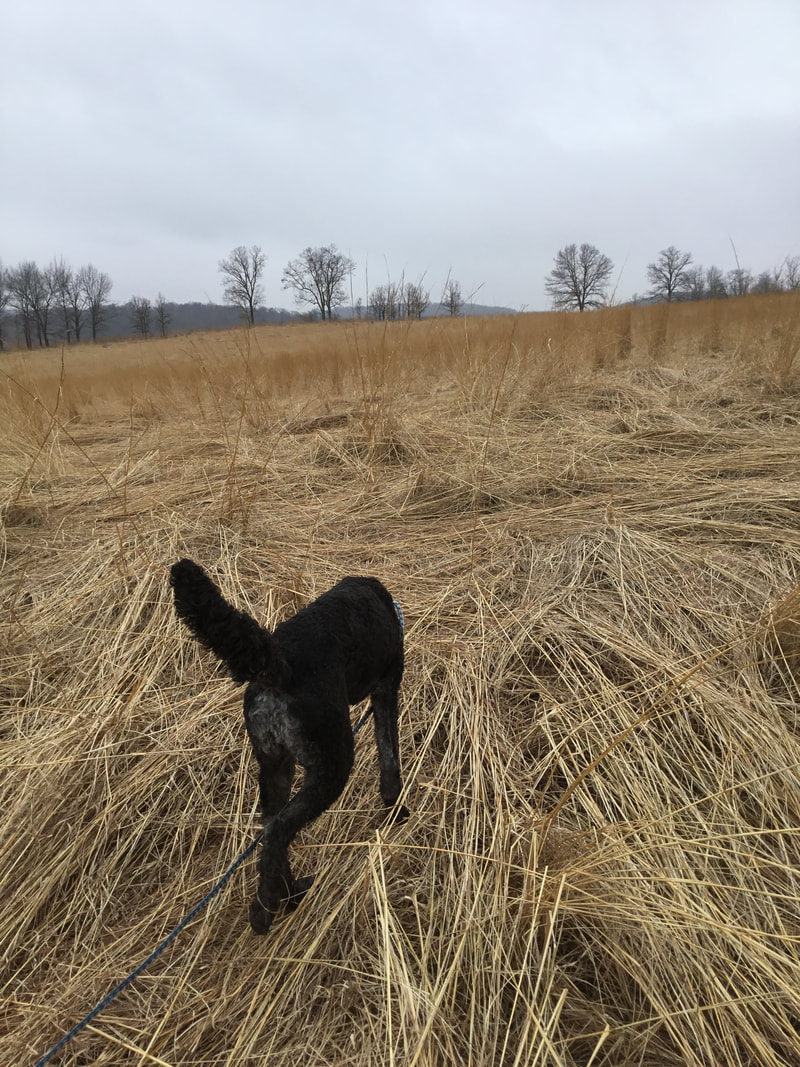|
While social distancing, desperately hoping to “flatten the curve” I've been craving more time in the woods and prairies and less in the studio. If you've gotten outside at all, it's hard not to notice that other species are in spring frenzy mode. Thank goodness it's March. Imagine if it were November, with holidays to be spent in isolation and many dark, cold months ahead. A small thing to be grateful for.
A couple of mornings ago, I was wandering a half-frozen, marshy area full of artesian springs and was nearly overcome by the smell of skunk. My young dog was pretty interested until he figured out it was just skunk cabbage. Did you know skunk cabbage makes its own heat? One of the first blooms of spring, it emerges even when the ground is still frozen. Warming themselves up to 70 degrees Fahrenheit, they melt surrounding snow and soil. The stinky spadix (see below photo), or flowering body, attracts early hatching flies and carrion beetles. We'd found skunk cabbage paradise. Next to a gurgling, crystalline spring. My small observation is that the rest of the environment is managing our human pandemic rather well, so far. Lack of air and highway traffic means air quality worldwide has seen drastic improvement. Lack of boat traffic in Venice has brought back water clarity. Not since 9/11 has science had such an opportunity to gather environmental data, and hopefully, turn it into strategies that foster resilience. As we celebrate the 50th anniversary of Earth Day next month in the midst of a global pandemic, it's become glaringly obvious that human existence on this planet is part of a delicate balance. "Oh, no!" moment: Just before hitting "publish" this morning, I nearly choked on my coffee when I read that the EPA "temporarily" suspended enforcement of regulations because of the virus. An added observation: OMG. "Never waste a crisis" taken to a whole new level of lunacy. Politics and corrupt economics are killing us in this very moment. Some would say that's nothing new. But I'm not giving up. Adversity can be the best teacher, if we're open to learning from our mistakes. It's about building on what history has shown us, guided by science, to cultivate a flexibility that is not afraid of diversity, knowledge, and expertise. Maybe then, next time the tiniest things in the natural world lay siege against us, we'll be armed to fight back with our strongest evolutionary weapon–our brains. Be well. Be smart. Get outside to enjoy the spring while maintaining proper distance. And please, VOTE. See details of Early Light 2 and Early Light 1
1 Comment
Janet Shepler
3/27/2020 12:45:25 pm
As always, a very thoughtful response in a time of turmoil.
Reply
Your comment will be posted after it is approved.
Leave a Reply. |
Author
Artist and naturalist Michelle Louis has a vigorous curiosity about the natural world. Her energetic, investment-quality paintings bring balance and harmony Archives
June 2024
©2023 Michelle Louis All rights reserved. Content and images are property of the artist.
Categories
|




 RSS Feed
RSS Feed